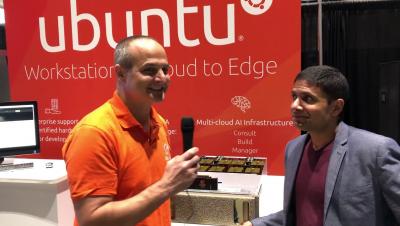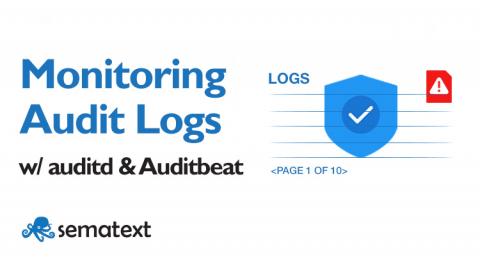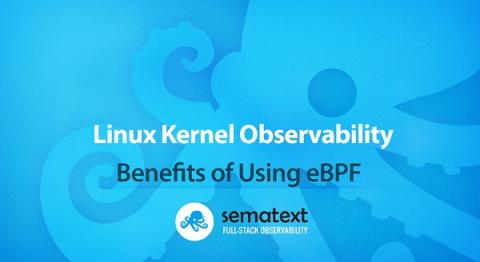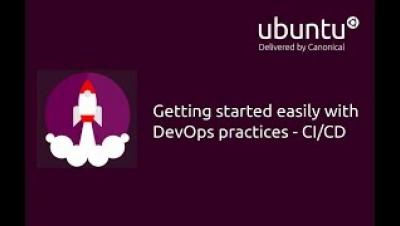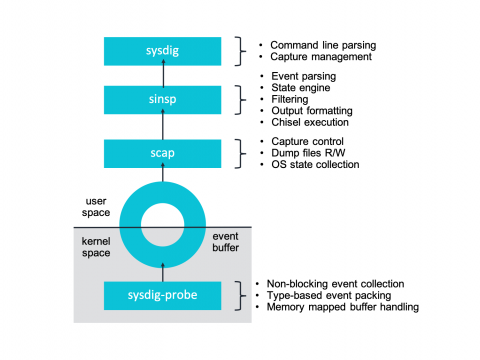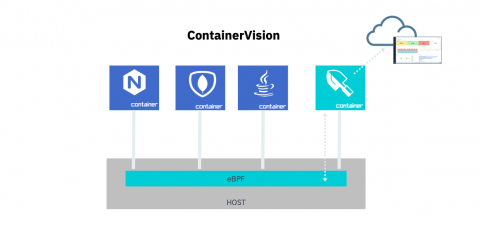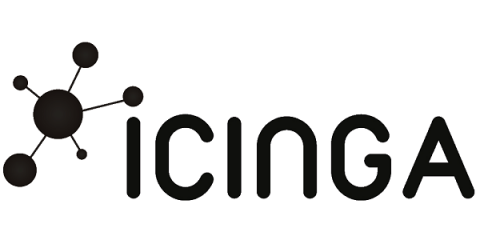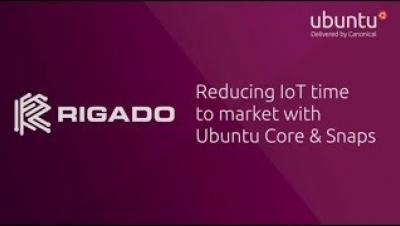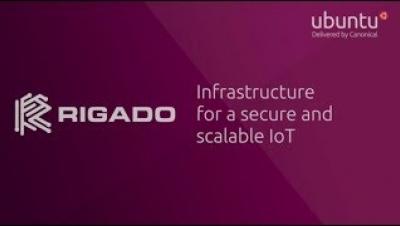Operations | Monitoring | ITSM | DevOps | Cloud
Linux
Monitoring Linux Audit Logs with auditd and Auditbeat
The Linux Audit framework is a kernel feature (paired with userspace tools) that can log system calls. For example, opening a file, killing a process or creating a network connection. These audit logs can be used to monitor systems for suspicious activity.
Linux Kernel Observability through eBPF
Recent Linux kernel releases are coming weaponized with built-in instrumentation framework that has its roots in what historically was approached as BPF (Berkeley Packet Filter) – a very efficient network packet filtering mechanism which aims to avoid unnecessary user space allocations and operate on packet’s data directly in kernel land. The most familiar application of BPF powers is related to filter expressions used in tcpdump tool.
Getting Started Easily With DevOps Practices - CI/CD
Sysdig and Falco now powered by eBPF.
At Sysdig we’ve recently undergone a pretty interesting shift in our core instrumentation technology, adapting our agent to take advantage of eBPF – a core part of the Linux kernel. Sysdig now supports eBPF as an alternative to our Sysdig kernel module-based architecture. Today we are excited to share more details about our integration and the inner workings of eBPF. To celebrate this exciting technology we’re publishing a series of articles entirely dedicated to eBPF.
Introducing container observability with eBPF and Sysdig.
Today we’ve announced that we’ve officially added eBPF instrumentation to extend container observability with Sysdig monitoring, security and forensics solutions. eBPF – extended Berkeley Packet Filter – is a Linux-native in-kernel virtual machine that enables secure, low-overhead tracing for application performance and event observability and analysis.
Icinga on Raspberry Pi
Good news everyone! Or at least for all users of Raspberry Pi and the Raspbian operating system! We now provide official packages for Raspbian on ARM chips. You can find those packages on packages.icinga.com.
Best Practices for Configuring Linux Containers
Within a Linux network or development system, launching a limited set of applications or services (often known as microservices) in a self-sustaining container or sandboxed environment is sometimes necessary. A container enables administrators to decouple a specific set of software applications from the operating system and have them run within a clean, minimal, and isolated Linux environment of their own.


